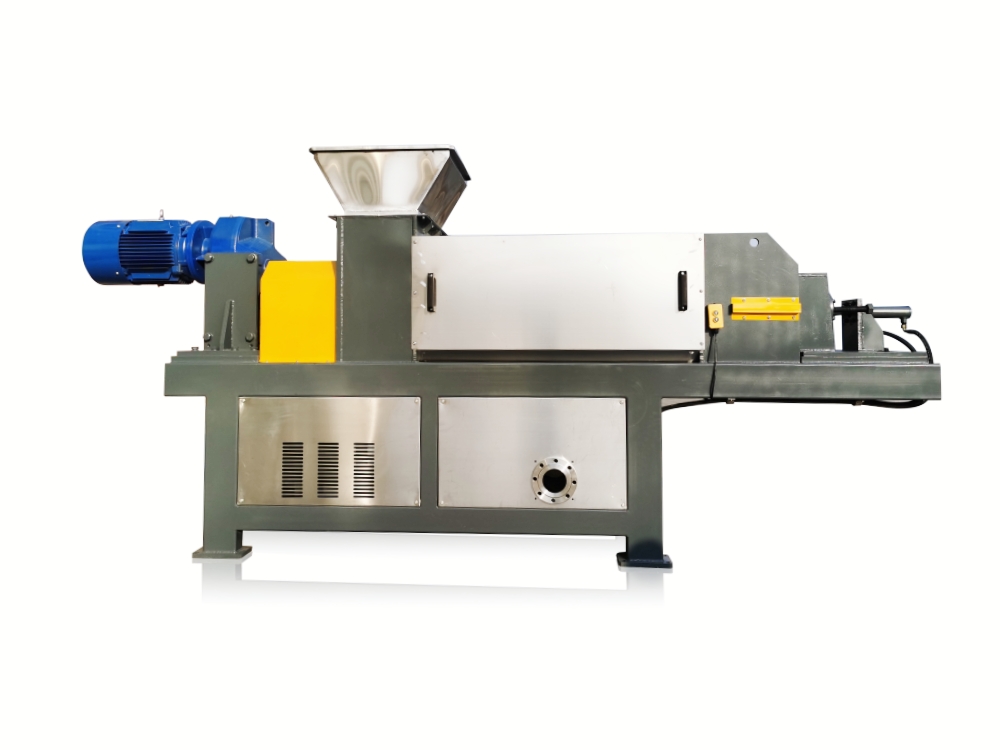
Introduction:
In the dynamic world of brewing, where sustainability and efficiency are paramount, the development of beer residue dewatering machines marks a significant leap forward. These innovative machines not only streamline brewing processes but also contribute to environmental conservation by effectively managing beer residue, also known as spent grains. This article delves into the features, benefits, and the environmental impact of these cutting-edge dewatering machines.
The Challenge of Spent Grains:
Breweries generate large quantities of spent grains during the beer production process. Traditionally, these spent grains are a byproduct that often poses challenges in disposal due to their high moisture content. The conventional methods of handling spent grains, such as landfilling or livestock feed, come with their own set of environmental concerns. This is where beer residue dewatering machines step in to revolutionize the brewing industry.
Features of Beer Residue Dewatering Machines:
High Efficiency: These machines are designed to efficiently separate liquid from spent grains, significantly reducing the moisture content.
Customizable Settings: Brewers can adjust the settings of the dewatering machines to meet specific requirements, ensuring flexibility in the brewing process.
Compact Design: Many modern dewatering machines are compact and can be seamlessly integrated into existing brewery setups without occupying excessive space.
Automated Operation: The automation of these machines reduces the need for manual labor, enhancing overall brewery efficiency.
Energy-Efficient: Some models are designed with energy-efficient features, contributing to sustainability efforts within the brewing industry.
Benefits for Brewers:
Cost Savings: Efficient dewatering translates to reduced waste disposal costs, making it an economically sound investment for breweries.
Resource Optimization: By reusing spent grains as animal feed or other applications, breweries contribute to resource optimization and minimize environmental impact.
Regulatory Compliance: Meeting environmental regulations becomes easier as breweries adopt sustainable practices through the use of dewatering machines.
Environmental Impact:
Reduced Landfill Waste: The primary environmental benefit is the significant reduction in the volume of spent grains destined for landfills, minimizing the brewery's overall ecological footprint.
Potential for Bioenergy Production: Dewatered spent grains can serve as a valuable resource for bioenergy production, further enhancing the sustainability of brewing operations.
Water Conservation: The dewatering process conserves water by minimizing the liquid content in spent grains, aligning with global efforts to address water scarcity.
Conclusion:
Beer residue dewatering machines represent a progressive step towards sustainable brewing practices. Breweries that invest in these innovations not only enhance their operational efficiency but also contribute to a more environmentally conscious and responsible brewing industry. As technology continues to evolve, these machines are likely to play a crucial role in shaping the future of brewing, fostering a harmonious balance between business needs and environmental stewardship.

 TEL:+86 15336363999
TEL:+86 15336363999
 WeChat:gongchris1111
WeChat:gongchris1111
 ADD:Fangzi District, Weifang City, Shandong Province, China
ADD:Fangzi District, Weifang City, Shandong Province, China